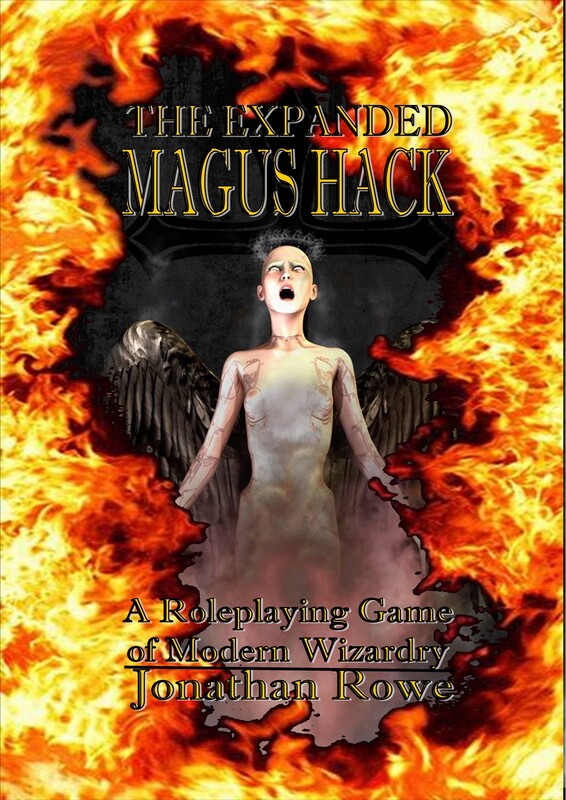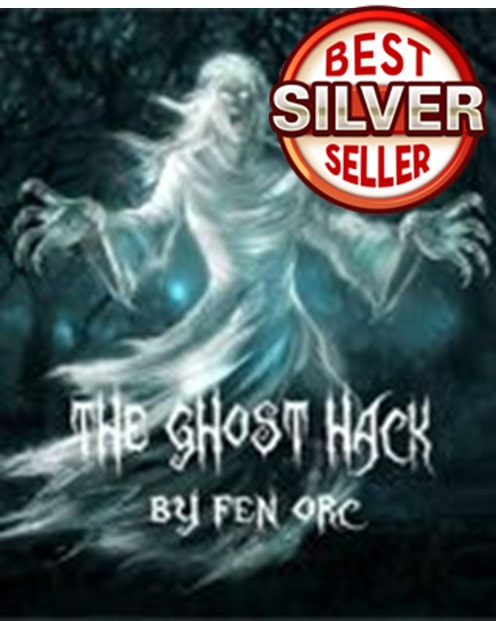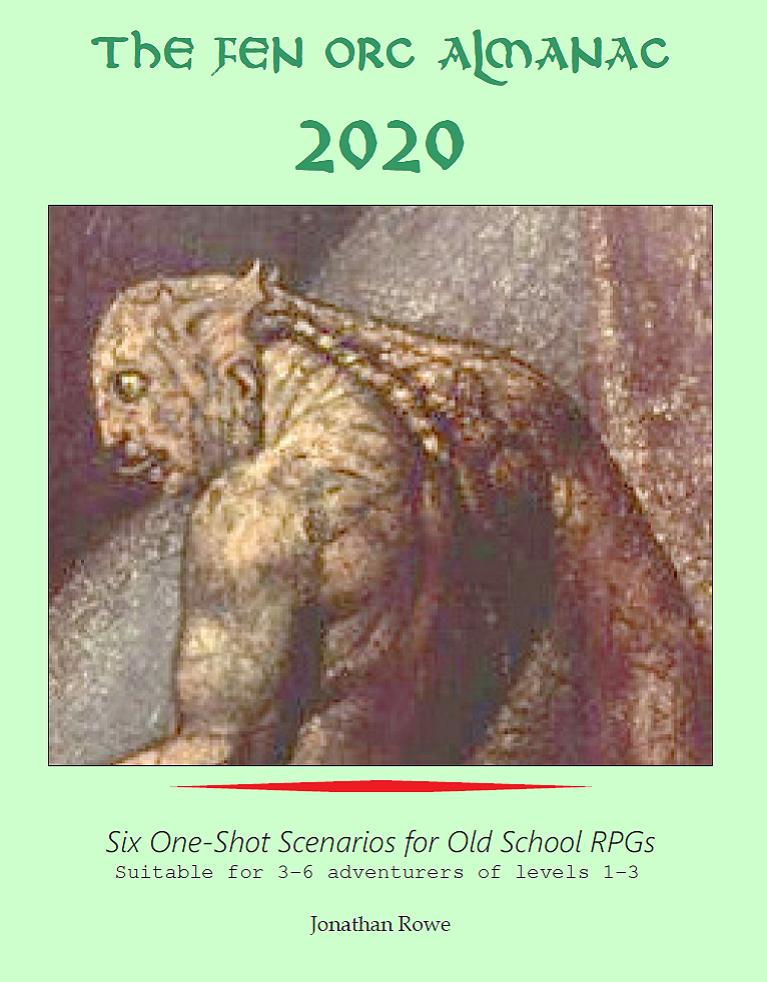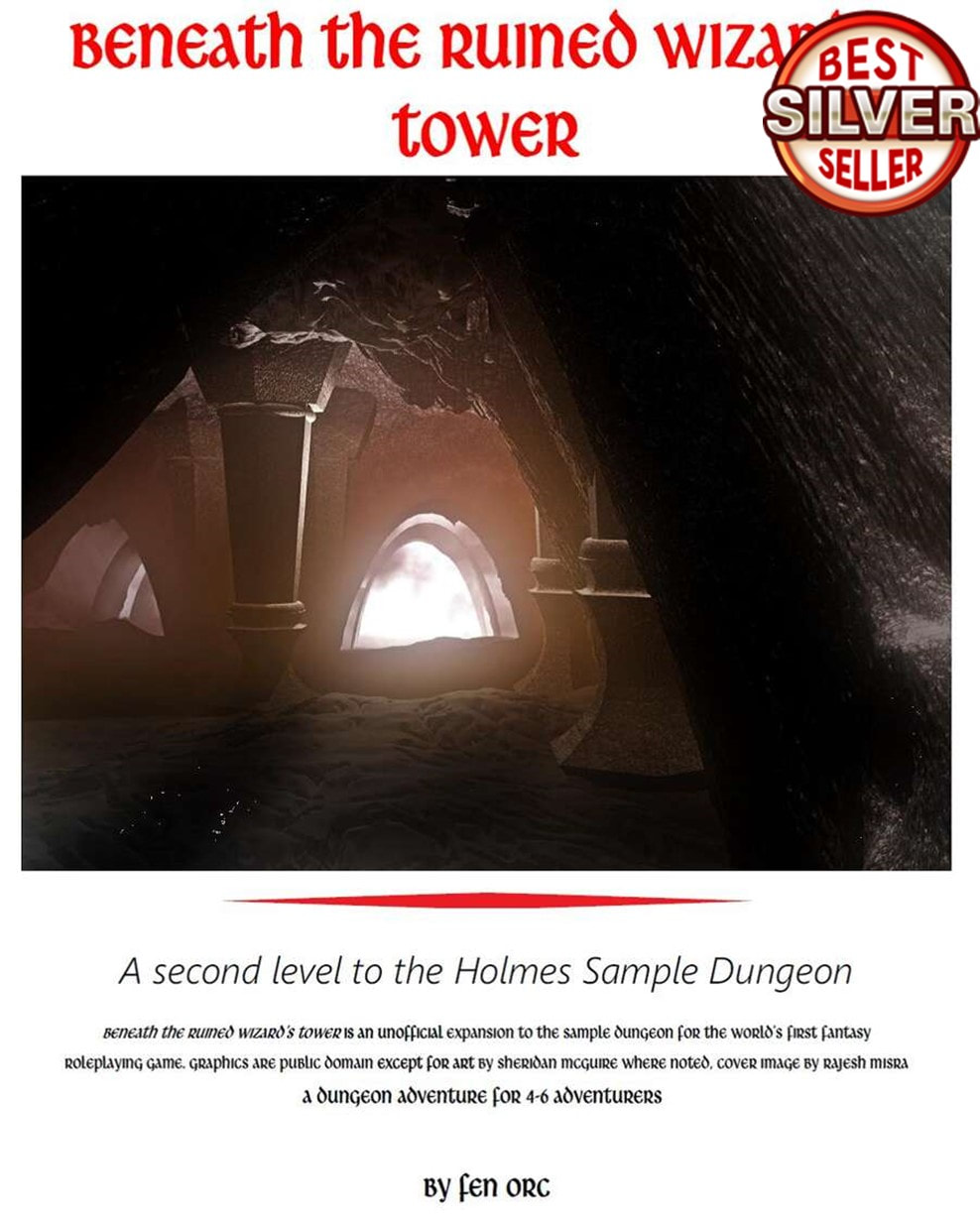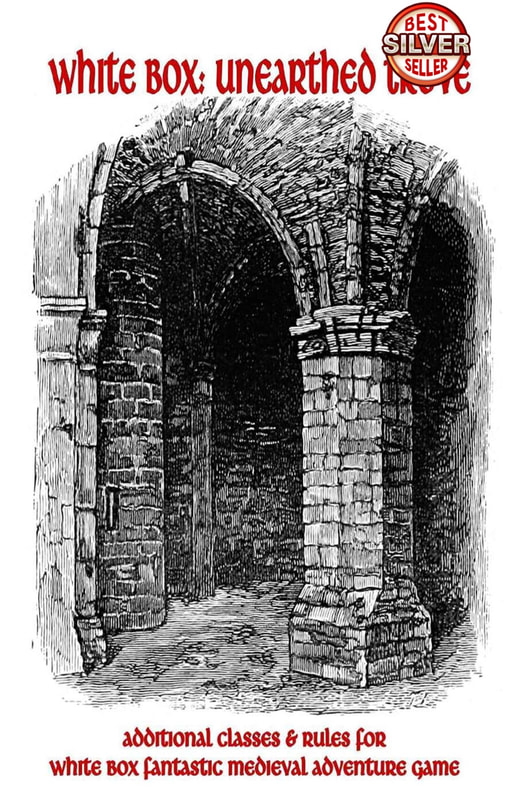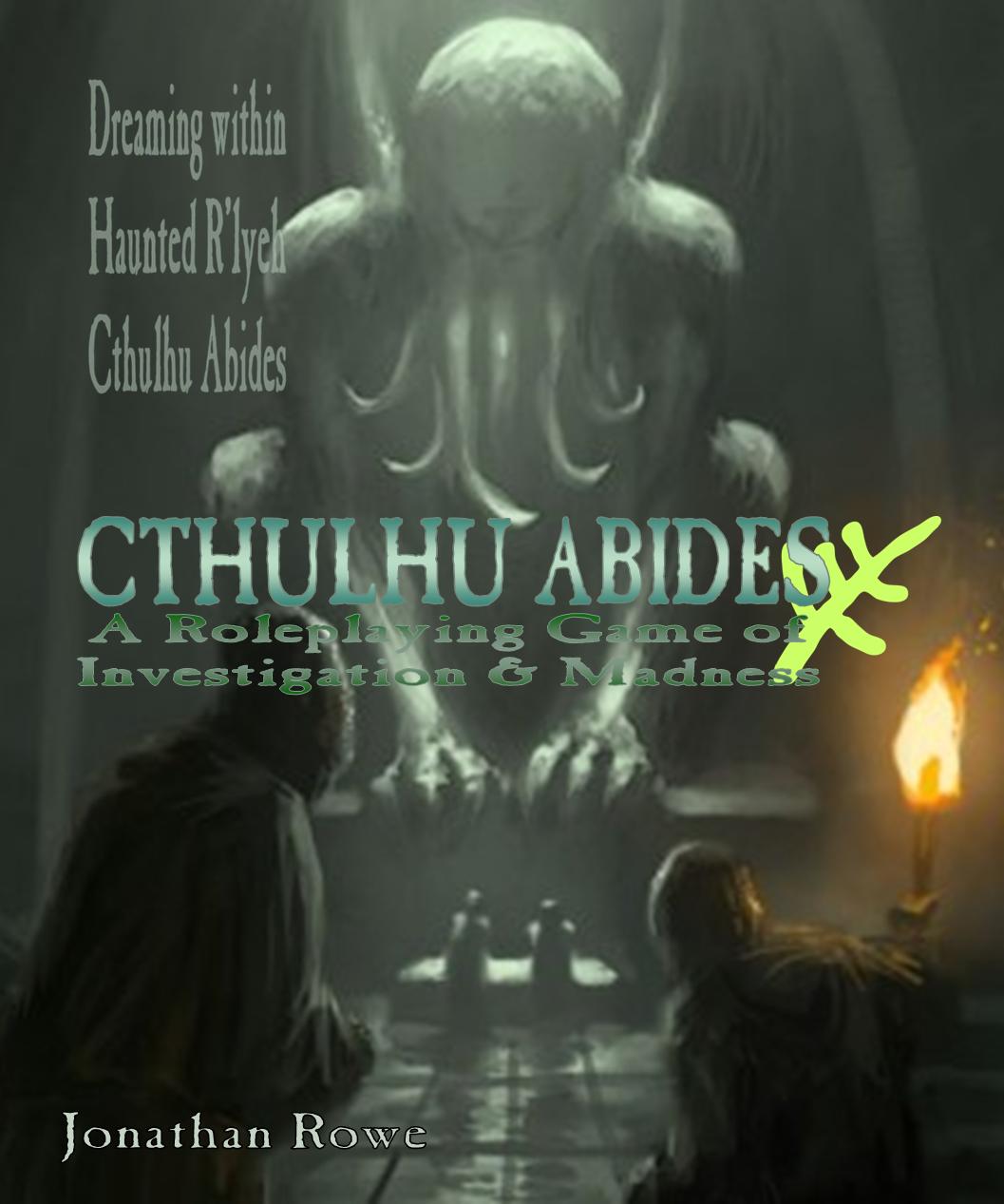|
It was the tight bubble-perm on the smirking brownie that made him look like Paul Michael Glaser from Starsky & Hutch. That kooky illustration sold me on the Detective character class straight away. It was 1981 and White Dwarf 24 had published Marcus L Rowland's oddball new character class, the Detective. Eyes rolled. "They don't belong in a fantasy setting," commentators opined, "they're from 19th century fiction, not myth and legend." Of course, by the same logic, Monks don't belong in D&D either and neither do Eric Holmes' beloved Dreenoi, the insectoid space alien that the godfather of D&D played up to dizzying 4th level (whereupon it was eaten by Green Slime). That sort of negativity seems a bit quaint now, a symptom of the primness of '80s D&D that thought itself too grown-up. We're much more comfortable with genre-mashing these days. Terry Pratchett made a big contribution to the hobby with Guards! Guards! (1989, the first of his novels about the Ankh-Morpork City Watch). But maybe Marcus had read Umberto Eco's The Name of the Rose (1980). Or the first three of Edith Pargeter's (aka Ellis Peters') Cadfael mysteries (1977ff). But Marcus' inspiration goes deeper than a witty literary adaptation: The detective is a new AD&D character class whose functions are the solving of mysteries and the restoration of Law. Marcus' introduction hits just the right note. The Detective's nomenclature might be modern and winking-ironic, but his conception is rooted in old school D&D: the conflict between Law and Chaos. Paladins challenge Chaos with their swords, Detectives with their brains. Read on! I'm taking some beloved fan-made sub-classes from my youth and adapting them for White Box RPG in the spirit of Szymon Piecha's Expanded Lore. Last blog reinterpreted the hilarious Houri. Now it's the Detective's turn. Marcus L Rowland's Detective class has its feet in two worlds. On the one hand, she's a sort of virtuous Thief/Assassin who uses her powers for good. On the other, he's a quasi-clerical mystic with spells for combating Chaos. I think the secular version of the Detective is worth developing, because the clerical version doesn't require an entire subclass given over to it. Detectives for White Box Detectives are champions of Law and solvers of mysteries. They resemble Lawful Thieves and Bards to a degree. It is their calling to solve crimes and bring wrongdoers to justice. Some focus on tracking down particular Chaotic monsters, such as Werewolves, Vampires or Demons. Unlike Paladins, they rely on brains more than brawn. Detectives must be Lawful in alignment. They are usually Human but at the Referee’s discretion Dwarves and Halflings may also be Detectives (advancing to level 6). The Prime Attribute for Detectives is Intelligence and they add +05% to earned XP if this is 15+. Marcus' Detectives had to be Human or Elven, but I just don't see the Elf connection. Who is more law-abiding than a Halfling? Who is more dogged than a Dwarf? Little the little folk step forward to solve crimes and leave the Elves to being beautiful and mysterious. Weapon and Armour Restrictions Detectives may use light (one handed) weapons and bows. They may wear leather armour and carry shields. Detectives advance in levels like Fighters, but their Hit Dice and To Hit Bonuses resemble Thieves. Their inferior saving throws resemble bookish Magic-Users. This class requires some commitment from a player: you'll take a while to get anywhere and you won't have much resilience. Deduction This is the chance (roll on a d6) for the Detective to pick up a clue from spending 1d6 rounds studying a person, object or location. This could include:
At the Referee's discretion, a clue could help the player with:
During an investigation, a clue could include:
Deduction is mentally stressful and can only be used once per 10-minute turn. Whether successful or not, a Detective can not seek another clue on the same subject until he has gone up an experience level. This is the Detective's signature power and it's pretty far-reaching. It's not meant to replace players figuring things out for themselves and a good way to punish its frivolous use is to impose a point of Trauma. The ability offers 'clues' and not necessarily the final solution to a mystery. It's intended to provide stumped players with a way forward and allow people to play brilliant investigators even when they're not personally insightful themselves (after all, D&D lets weaklings play strong and athletic types). If a Deduction roll fails, the Referee should roll again and if this roll fails too then the Detective receives a false clue. If the re-roll succeeds, then no clue is provided. Detection PCs successfully listen at doors, detect secret doors and traps and open locks on a roll of 1-2 on a d6. Detectives are twice as good at this, succeeding on a 1-4 (and spotting secret doors and simple pit traps without searching for them on a 1-2). This makes Detectives as valuable as Elves for detecting secret doors and replaces the Thief powers Marcus L Rowland gave them. The success range is high, but the player usually has to state that they are searching (and where) and Referees will make Wandering Monster Checks when time is spent this way - assume that most inspections use up a 10-minute turn. Non-lethal Combat Detectives prefer to capture some evil-doers alive. They can attack with their bare hands in the same way as Monks, They gain two attacks per round this way and deal 1d6-1 damage on a hit. If a Detective uses bare-handed combat to reduce a non-magical enemy to 0 HP or below, she may elect for the final attack to be non-lethal. This knocks the opponent unconscious for 1d6 rounds instead of deducting Hit Points. Two attacks per round is a lovely boost for 1st level characters. The Detective's hand-to-hand fighting is slightly less powerful than the Monk's: 1d6-1 (equivalent to daggers) rather than 1d6 (equivalent to swords and most monsters). Non-lethal attacks can still leave Injuries (see the Death & Dismemberment rules). Saving Throws Detectives gain a +2 bonus against Poison and Traps. This imitates the Thief's saving throw versus Traps but adds in the resistance of Clerics/Fighters to Poison. It's the one area where the Detective is superior to the standard classes in his build. Establish Agency At ninth level, a Detective may build a Detective Agency in a town or city. She or he becomes a Master Detective and attracts the services of a band of lower level NPCs (often other detectives, bards and reformed thieves but possibly paladins or lawful clerics) who help her solve cases. Trauma Detectives do not gain Trauma from negotiating with monsters, from searching corpses or from being alone in dangerous places. If you use the Trauma & Derangement house rules, this makes Detectives similar to Thieves, but adds in the Ranger's suitability for keeping watch while the party rests or explores. Detective Feats Arcane Senses: Your Deduction power can be used to attempt to spot invisible or magically disguised objects or creatures (including illusions and polymorphs). Elementary Insight: Add +1 to your Deduction score. Escapology You can escape from rope bonds in a 10-minute turn if left alone or 1d6 turns if guarded. You can use a Deduction roll to try to escape from chains, manacles, bilboes, stocks and other more solid bindings. Martial Arts: You deal 1d6+1 damage when fighting unarmed and your bare-handed attacks count as if they were magic weapons. Master (or Mistress) of Disguise: You can spend 1d6 rounds disguising yourself to appear as any class, gender or race of your approximate build. If onlookers try to see through your disguise, use your Deduction skill to fool them. Nemesis: Choose one particular enemy that you hunt. You are immune to its signature power. This could include the charm powers of Succubi, blinding beauty of Sidhe, the level-draining of Vampires or lycanthropy from Werewolves. Sage: You have a broad area of knowledge (e.g. plants) in which you are an expert and a narrower area of specialism (e.g. fungi) in which you are unrivaled. You may select this Feat multiple times to extend your knowledge. What about magical Detectives? The spell-casting Detectives don't seem to require a whole subclass. They're just Lawful Clerics who follow a god of Justice or a cult of inquisitors devoted to solving mysteries or hunting down evil. Lawful Sages Rather than give Clerical Detectives the God's Weapon ability from Arcane Lore, give them a Sage area of expertise, just like the Detective Feat above. Let them expand into other areas of expertise, if they wish, instead of taking new Feats. They don't use the other Detective Feats and instead choose their Feats from the standard Cleric list. Marcus L Rowland's Detective Spells Some of Marcus' original Detective spells can be included for White Box, like these, which are only available for Clerical Detectives. Detect Lie Spell Level: C1 Range: Caster Duration: 1d6 rounds The caster can tell if she is being lied to (but not if someone genuinely believes a false report). The caster receives a saving throw vs Spells to resist a Houri Magic-User casting Silvertongue. Reflect the Past Spell Level: C2 Range: 10' radius of caster Duration: Concentration The caster can hold up a mirror or shine a lantern through incense smoke to reveal events taking place in the same location in the past, up to one hour ago per level of the caster. The caster gains a point of Trauma from doing this. Certain demons and fey creatures might detect that they are being observed from the future and block the effect. Truth Spell Level: C3 Range: Touch Duration: 1 hour The target of this spell is compelled to tell the truth. The target is not forced to speak but if they do speak they cannot lie. There is no saving throw against this effect. Escapology Spell Level: C4 Range: Caster Duration: Immediate Non-magical bindings immediately fall away from the caster, including ropes, chains, manacles and gags. This only works on bindings on the caster's person, not locked doors. The caster receives a saving throw vs Paralysis to escape from magical bindings (such as web spells but not paralysation or hold person). Vision of the Past Spell Level: C5 Range: Caster Duration: Concentration This is an improved version of Reflect the Past because the vision occurs in the caster's mind and extends into the past for one year per level of experience. The caster sees the past as with her own eyes and can cast another perception-based spell (such as detect evil) but the vision will end immediately after a second spell takes effect. The vision causes the caster to gain 2 Trauma and demons/fey entities may perceive the caster themselves. I'm gripped by the idea of a vigilante Half Orc Cleric-Assassin who is a Clerical Detective and tracks down his former Guild-mates to execute summary justice...
0 Comments
Leave a Reply. |
30 Minute Dungeons
Essays on Forge
FORGE Reviews
OSR REVIEWS
White Box
THROUGH THE Hedgerow
Fen Orc
I'm a teacher and a writer and I love board games and RPGs. I got into D&D back in the '70s with Eric Holmes' 'Blue Book' set and I've started writing my own OSR-inspired games - as well as fantasy and supernatural fiction.. Archives
July 2024
Categories
All
|


 RSS Feed
RSS Feed
